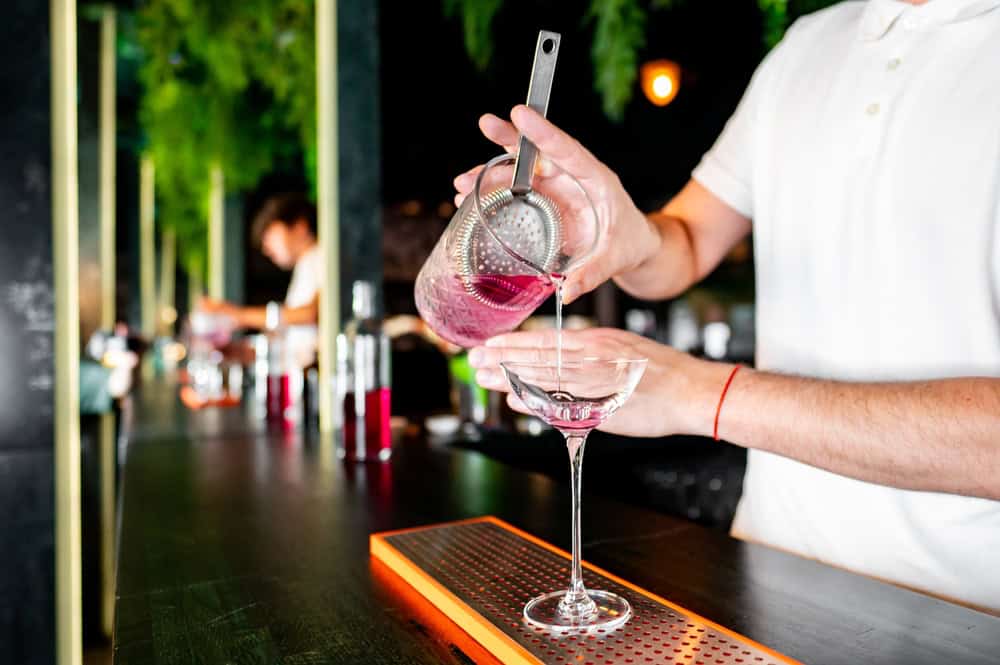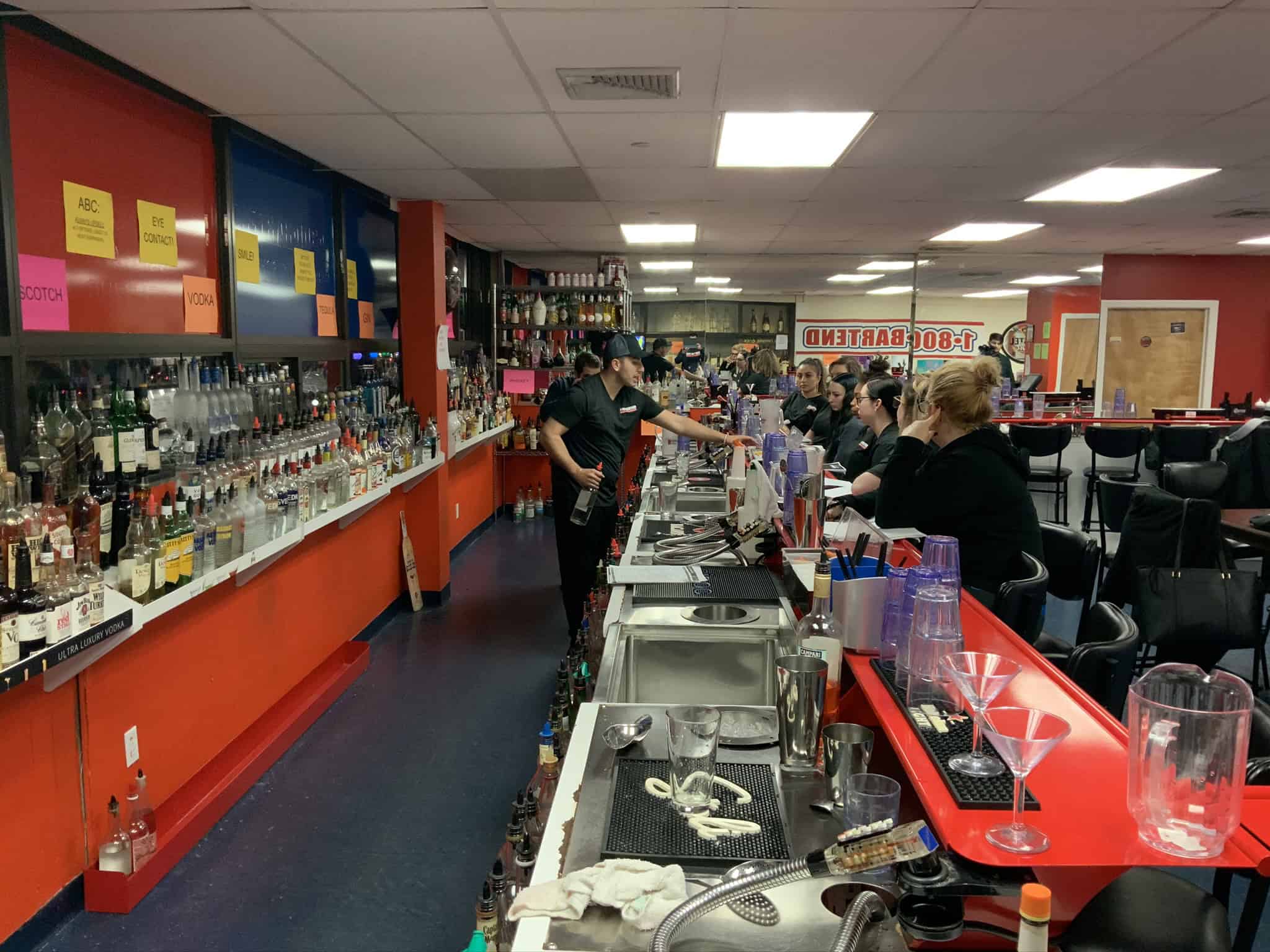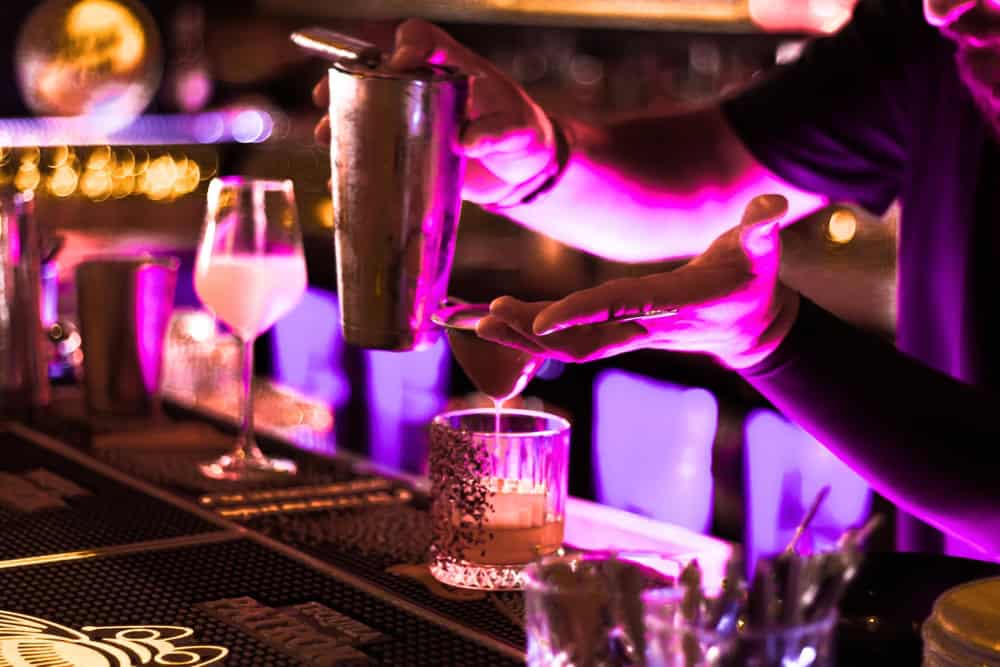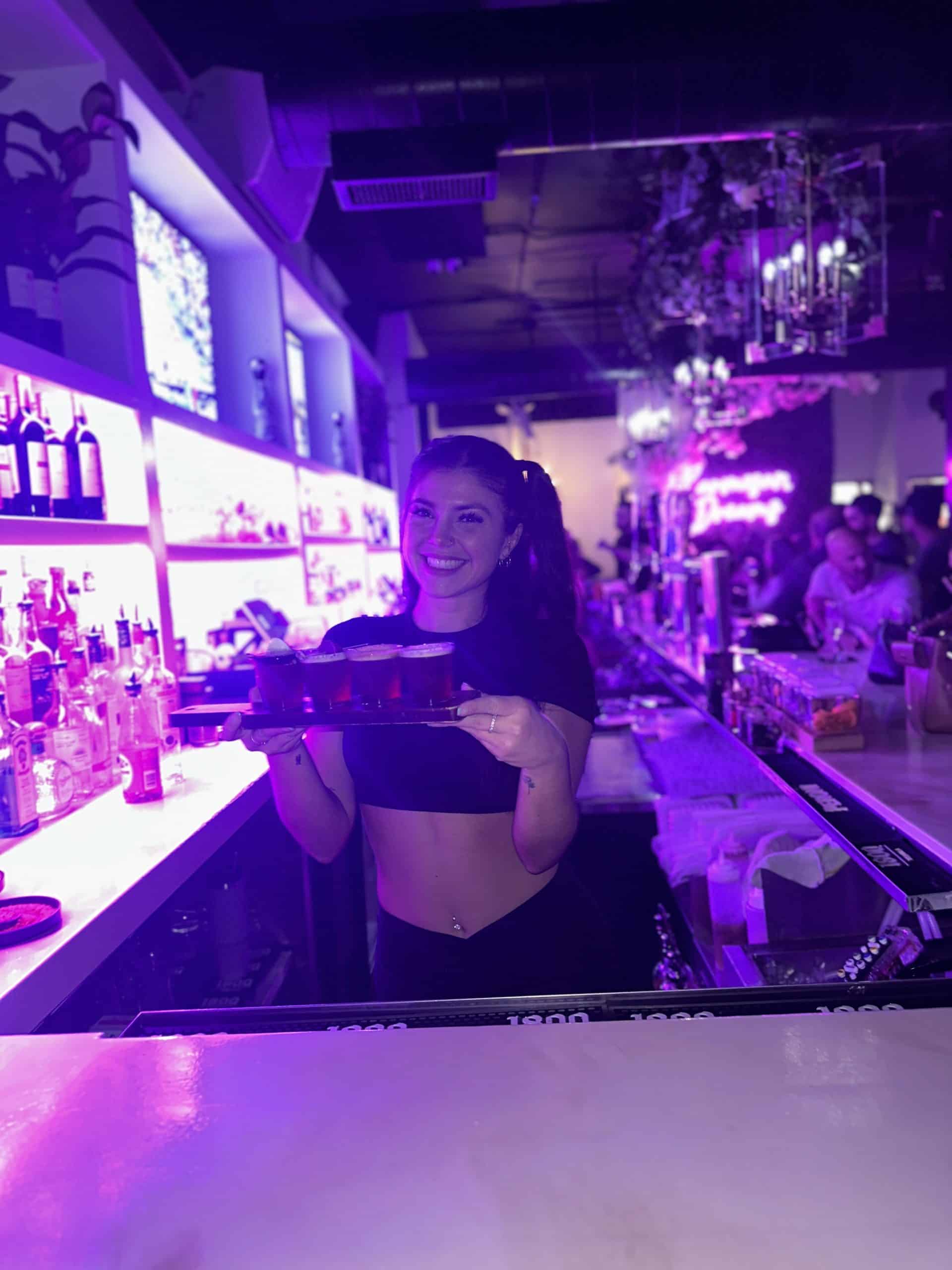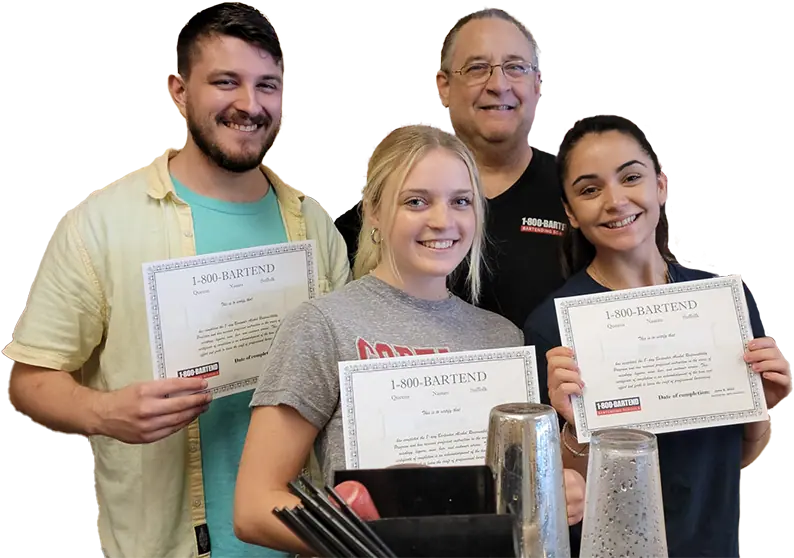Summary:
The Growing Popularity of Craft and Artisan Cocktails
Craft cocktails have firmly established themselves in today’s bar atmosphere, valued for their inventive nature and the quality of their components. This movement highlights the use of superior, often locally sourced items, such as fresh herbs from nearby farms or small-batch spirits from regional distilleries, to develop truly memorable flavor combinations. Aspiring bartenders have an opportunity to delve into this area by taking bartending classes that concentrate on careful ingredient selection and imaginative mixology approaches. Across Long Island, establishments are more frequently featuring local produce, like North Fork berries or Long Island Sound sea salt, and artisan spirits in their drink offerings. By enrolling in a professional bartending course at 1-800 Bartend , you can acquire the knowledge to integrate these special elements into your own drink recipes, preparing you to make beverages that engage and please your customers. This approach not only produces a better-tasting drink but also tells a story about the region and its bounty.
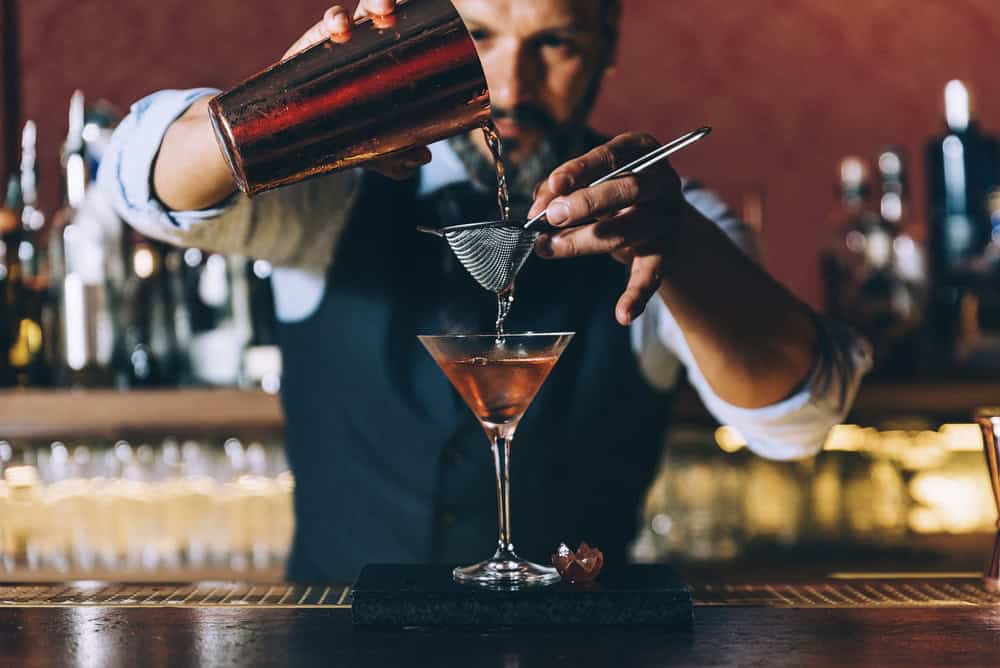
A Focus on Sustainability in Mixology
Sustainability is more than a passing trend; it’s becoming an integral aspect of modern cocktail creation. Bartenders are increasingly aware of their environmental impact and are actively seeking ways to reduce waste and adopt eco-friendly practices in their daily operations. This involves thoughtful actions like using straws made from biodegradable materials like bamboo or hay, or even forgoing straws altogether when appropriate. Furthermore, composting organic waste such as fruit rinds and coffee grounds is becoming standard procedure. Sourcing ingredients from suppliers who prioritize sustainable farming and production methods is also a key part of this movement. Aspiring bartenders can learn about these important practices through bartender training programs that specifically address sustainable mixology techniques, preparing them to work in environmentally conscious establishments.
The Art of Infusions and Homemade Ingredients
The creation of infusions and other homemade ingredients is rapidly gaining favor among bartenders who aim to present something truly distinctive to their patrons. Imagine the bright zest of a citrus-peel-infused vodka, or the complex notes of a house-made fig and cinnamon bitters. These custom components allow for a high degree of personal expression and exciting experimentation behind the bar. For instance, making a simple syrup infused with fresh lavender or rosemary can transform a standard gin and tonic. Many mixology school courses now include dedicated segments on crafting these one-of-a-kind ingredients, providing students with the practical skills to make their cocktail offerings more interesting and memorable. Learning to balance flavors in these homemade items is a skill that can greatly distinguish a bartender.
Welcoming Technology into the Bartending World
Technology is steadily finding its place within the bartending industry, with various digital tools appearing that help with accuracy and operational flow. Automated cocktail dispensing systems, for example, can portion out spirits and mixers with remarkable consistency, which is helpful during very busy periods. Moreover, specialized apps are available that can aid in managing inventory, accessing vast databases of drink recipes, or even helping with pairing flavors for new creations. Aspiring bartenders can find it advantageous to learn how to incorporate these technological aids into their work. Bar academy courses at 1-800 Bartend provide information on some of the newest technological tools, such as inventory management software or point-of-sale systems with drink-making prompts, getting students ready for the operational aspects of a contemporary bartending setting. Familiarity with these tools can make daily tasks smoother and allow more time for customer interaction.
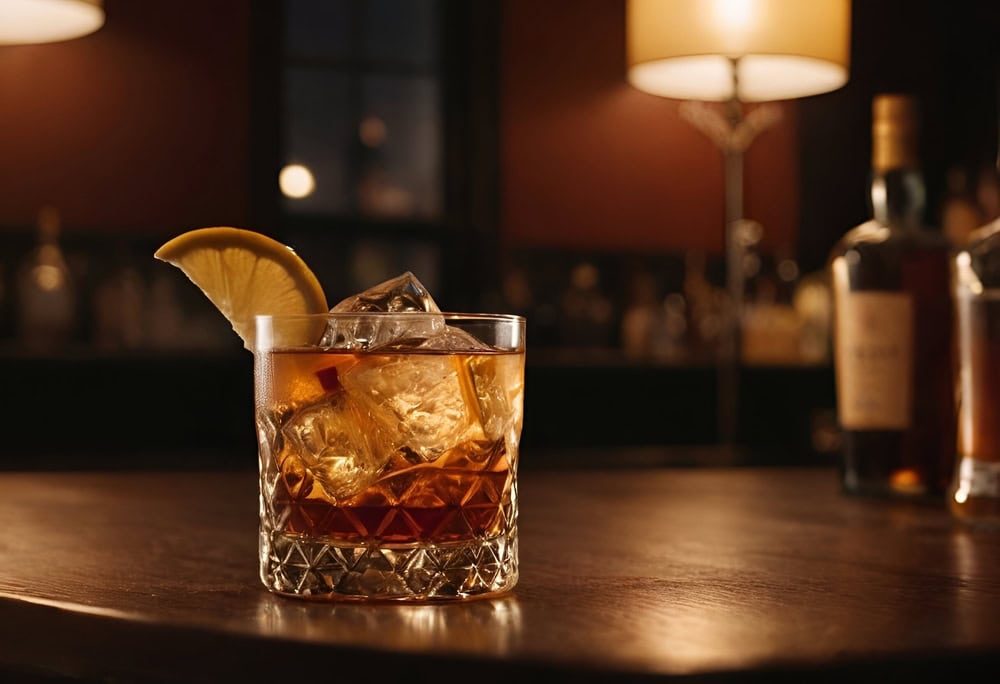
The Rise of Low-Alcohol and No-Alcohol Cocktails
A noticeable shift in consumer preference is the increasing call for low-alcohol and entirely alcohol-free cocktail options, often termed “mocktails” or “zero-proof” drinks. This caters to a growing audience of individuals who prefer lighter beverage choices or who abstain from alcohol but still desire a sophisticated drink experience. These beverages are crafted with a strong emphasis on complex flavor profiles and appealing presentation, just like their alcoholic counterparts. Techniques include using premium non-alcoholic spirits, which replicate the taste of gin, rum, or whiskey without the alcohol, or creating intricate blends of fresh juices, house-made syrups, shrubs, and sparkling waters. Aspiring bartenders can learn to bartend by mastering the creation of these drinks through specialized courses that teach the nuanced art of balancing these diverse flavors and achieving an attractive presentation. For example, using muddled herbs like mint or basil, combined with fresh fruit purees and a splash of artisanal soda, can result in a very satisfying drink.
Exploring Global Flavors and Cultural Influences in Drinks
International flavors are significantly impacting the cocktail scene, as bartenders draw inspiration from around the world by incorporating unique spices, herbs, fruits, and spirits from various cultures. This trend opens up a wonderful array of tastes and experiences for patrons. Think of cocktails featuring yuzu from Japan, tamarind from Southeast Asia, or pisco from Peru. Aspiring bartenders can investigate these exciting influences through courses that have a focus on international mixology, learning about traditional drink preparations and how to adapt them for a modern palate. For instance, a bartender training module might cover the use of cardamom in an Indian-inspired gin cocktail or how to balance the smokiness of mezcal in a Mexican-themed creation. This global approach allows for a richer, more diverse menu.
Keep Current with 1-800 Bartend
As the world of cocktails continually transforms, remaining informed about the latest trends is very important for anyone aspiring to be a bartender. These developments, from the rise of craft cocktails and sustainable practices to the inclusion of global flavors and technology, shape how drinks are made and enjoyed. In Long Island, NY, 1-800 Bartend presents a variety of courses, including bartending classes and options for a professional bartending course, all designed to build your abilities and understanding. If you’re interested in mastering craft cocktails, understanding sustainable practices, or exploring international flavors, there’s a learning path for you. Contact 1-800 Bartend today to find out more about their programs and take the first step on your bartending path.

